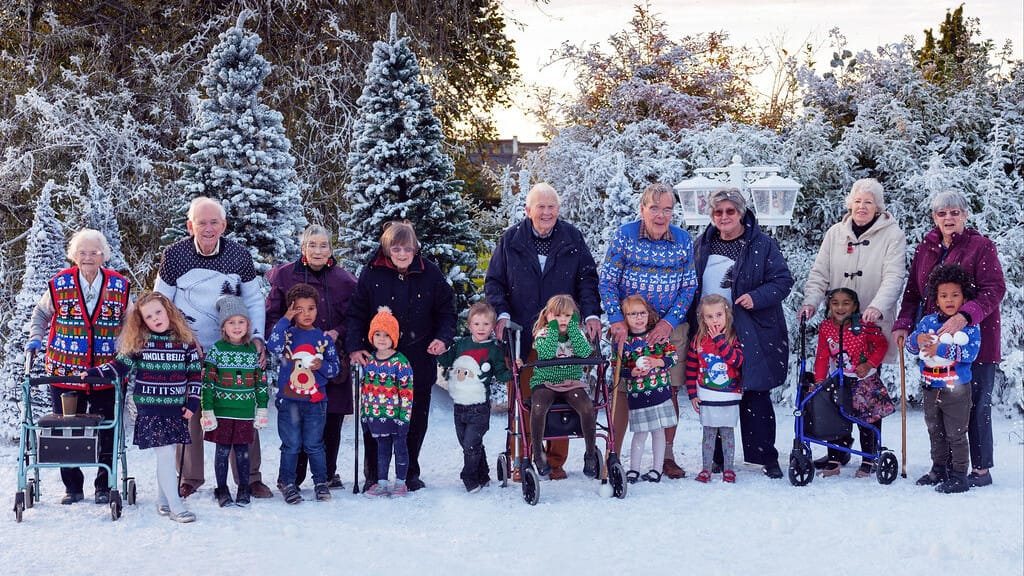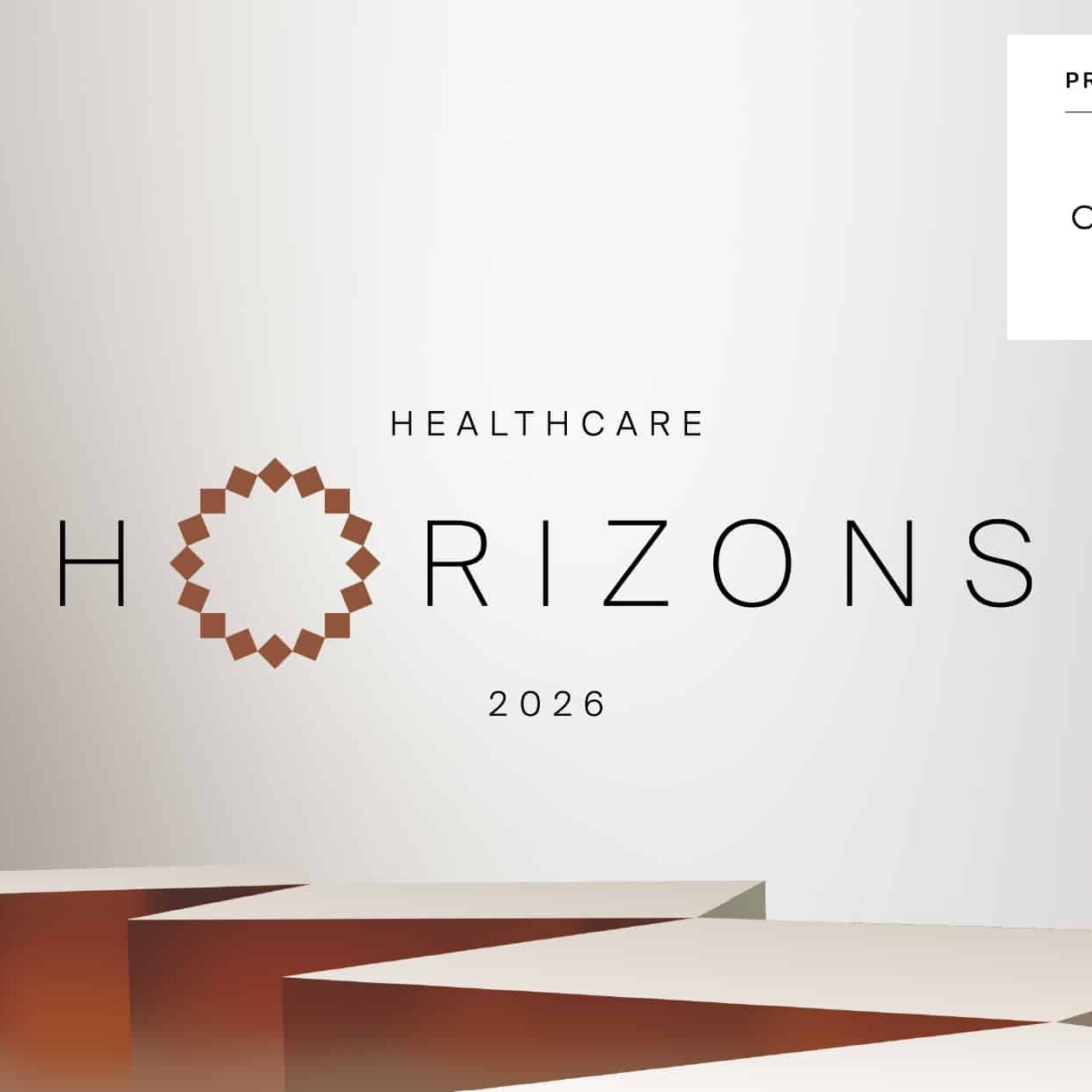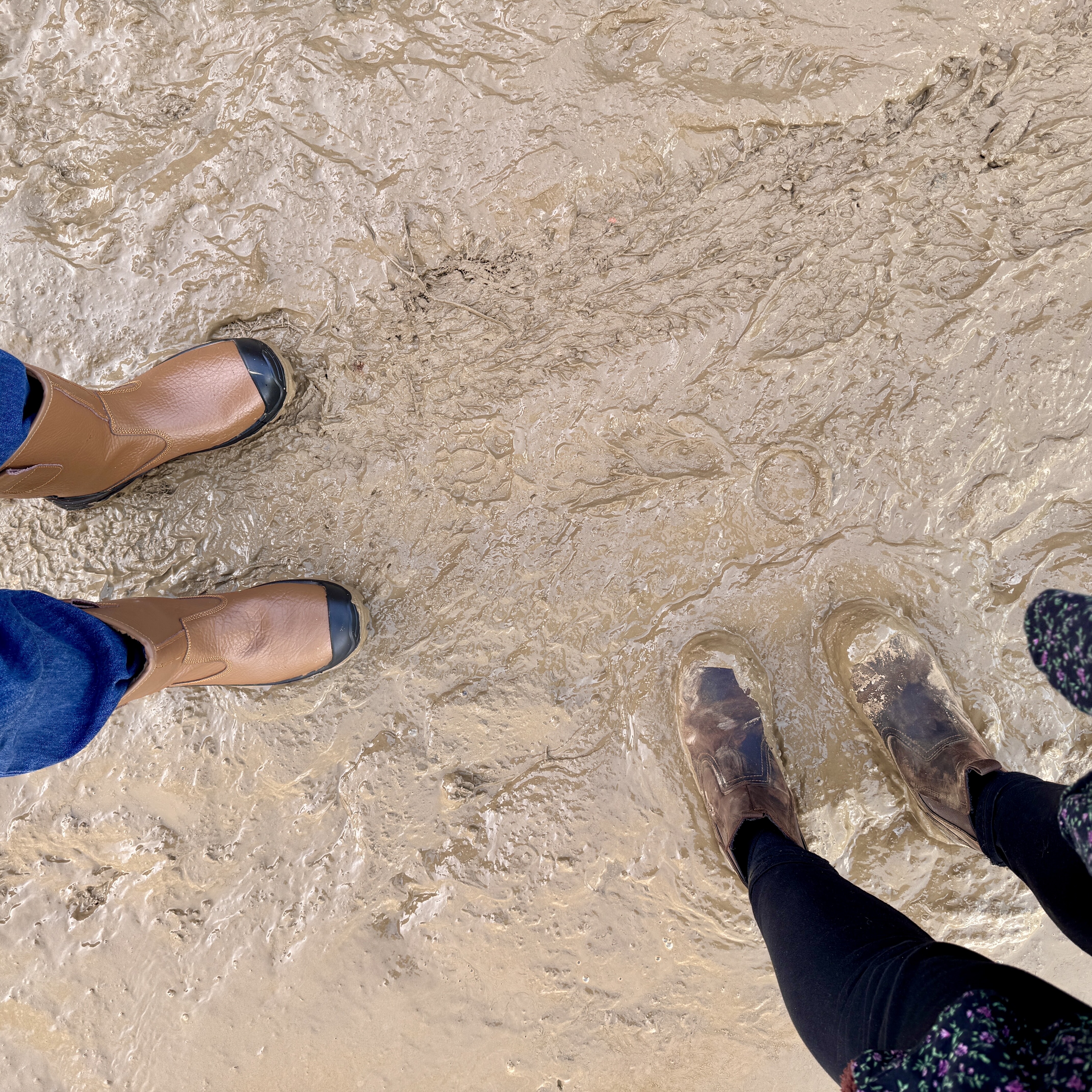Is it time for intergenerational care to be moved up the agenda?
There are already successful schemes from further afield in Europe and we need to embrace this way of thinking and make it part of the care agenda in the UK. Notwithstanding the immediate need to practice social distancing, not least with the most vulnerable of groups, for the long term (post Covid) a concept that flips the traditional misconceptions of care homes where residents can often feel segregated from society, whilst enabling the residents to continue contributing to their wider community as they have done their whole lives can surely only have a positive.
Last year’s Channel 4 series, ‘Old Peoples’ Home for 4 Year olds’ was a ratings success, but it was also a huge success as an intergenerational social experiment.
Intergenerational Care is a concept that brings the young and elderly together, with one of the methods being to introduce nurseries into care homes. It purposely connects the participants within a controlled environment providing a range of physical and mental benefits for both age groups. The concept was originally made a reality in Japan in the 1970’s, whilst the first UK intergenerational facility was Apples and Honey Nightingale House in Wandsworth, South London was not created until 2017.
For the elderly the concept not only gives more purpose to their day, it can reduce the feeling of loneliness as they are able to reminisce of their younger years through the social interactions, not to mention the benefits of increased mental stimulation all of which have been proved to successfully combat depression. For the children their language, social skills and literacy can be vastly improved. Moreover, both parties can simply just have fun and enjoy their time spent together.
Channel 4’s experiment paired 11 elderly residents with 10 pre-school children at St Monica Trust in Bristol in a social experiment aimed at tackling social isolation and loneliness. The experiment had a positive impact with 80% of participants showing improvement over the time period, resulting in one elderly resident running alongside her 4-year-old companion in a sports day event. It is an extremely heart-warming watch and successfully demonstrates the mutual benefits that are provided within the concept of intergenerational care.
Looking beyond the UK, to the Netherlands where Humanitas Deventer Nursing Home allows students to live rent free in a nursing home by giving up 30 hours of their time to ‘act as neighbours’ for the residents – a somewhat unlikely scenario in most communities. Yet there are many benefits to both parties. The students give the elderly residents a connection to the outside world through sharing stories and experiences, and the elderly residents can offer advice from their many years of experience. The elderly residents who may often focus their attention on their ailments and loneliness are able to join in with the student’s conversations. The day to day bustle and gossip of student life can inject a new energy into the care home and provides a welcome distraction to the elderly residents, it’s a true win-win.
At Carless + Adams we have recently submitted a planning application for an intergenerational scheme at Dudbrook Care Home in Brentwood where a nursery has been designed in close proximity to the care home and a shared space provided for interactions to occur.
As we face a real crisis around care and particularly dementia care, we feel there is an absolute need to do more to understand the benefits of intergenerational care as this could go some way to helping to ease the burden. There are already successful schemes from further afield in Europe and we need to embrace this way of thinking and make it part of the care agenda in the UK. Notwithstanding the immediate need to practice social distancing, not least with the most vulnerable of groups, for the long term (post Covid) a concept that flips the traditional misconceptions of care homes where residents can often feel segregated from society, whilst enabling the residents to continue contributing to their wider community as they have done their whole lives can surely only have a positive effect.


